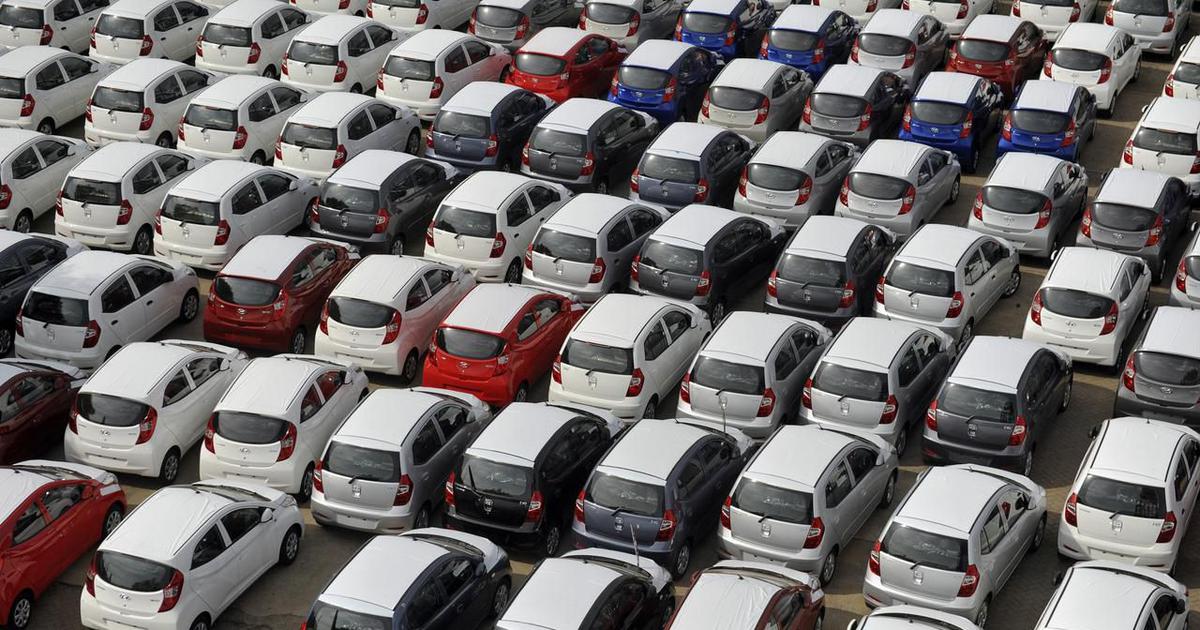It’s an important and irreplaceable contributor to any economy whether developed or developing, this is an irreplaceable fragment of a country’s GDP. But is all well with the global auto industry? It doesn’t seem so!
It’s going down in China, the second-largest economy in the world. It’s already witnessed a slump in Europe. And moreover, with the economic slowdown being felt gravely, perhaps approaching its peak, it doesn’t appear whether there’ll be any good days whatsoever for the global auto industry.
Car sales are going southward and there hardly seems to be any rise in the car demands regardless of what geography one addresses.

What’s going wrong for the auto industry wherein one finds leading car brands, rather giants in the sector witnessing a gamut of problems exacerbated by the rise of car-technology and the rising climatic concerns?
If in case you had wondered that the slash in global sales was only a minor blip of sorts, then think again. Perhaps the following events may explain the grave concern that’s staring the global auto industry directly in the eye.
Not so long ago, none other than Harald Krueger, CEO of BMW stepped down. In the first quarter of 2019, the company’s profits dipped and that’s not all, the automotive division posted a loss. A successor is yet to be identified.
Porsche was recently fined with billions of dollars, a penalty that’s the largest in the company’s history that’s jeopardized the profits of the last quarter.
What’s more?
Volkswagen, the world’s largest carmaker recently reported that the global vehicle deliveries dipped substantially, by 2.8 percent. Daimler, that owns Mercedes-Benz, a leading German firm with huge operations in China reported that all wasn’t well for the mega Deutschland corporate.
The new emissions targets coupled with the diesel scandal have hurt the company’s cause just as much as weak sales figures.
One also notes that the growing clamor for identifying a means to curb climactic tensions, the rising threat of global warming raising the glass ceiling for all players in the automobile industry to find sustainable solutions- there’s an added pressure that most brands can’t sustain.
Conventional cars are finding it hard to stand ground in front of the rise of the electric car, no longer a fancy alternate choice of urban commute but a need of the hour. The revered CNN reported, ” With profits hard to come by, carmakers are slashing costs to free up money to invest in electric cars.
Increasing pressure, combined with new threats from tech companies trying to muscle into the auto business, could eventually force carmakers into mergers.”
Perhaps the only way forward, if not an all-sustaining means is for cars running on hydrocarbons is to function in mergers. We are served an example of how Renault and Nissan- two mega French auto giants- are trying to keep their merger alive despite the controversial exit of Carlos Ghosn.
But it’s not that those in the west are alone suffering and evidencing the unsparing troubles concerning the auto segment. India’s Tata Motors, which owns Jaguar Land Rover is slashing 4500 jobs. At a time where the global economy is witnessing a slowdown, what can be more hurting than a job crunch?
Amid these times, lies a perplexing situation for the automotive talent that’s rising to the fore. There are myriad opportunities for the fresh talent growing out of the B-schools and whatnot toward the spheres of robotics, artificial intelligence, cognitive solutions, and machine learning. But are there enough jobs with the conventional giants in the auto-space such as BMW, Mercedes, Audi, Volkswagen, Renault, and the likes?
So what happens now? Where does the surfeit of graduates passing out of B-schools and engineering colleges go, in the event of most auto-players reporting losses?


